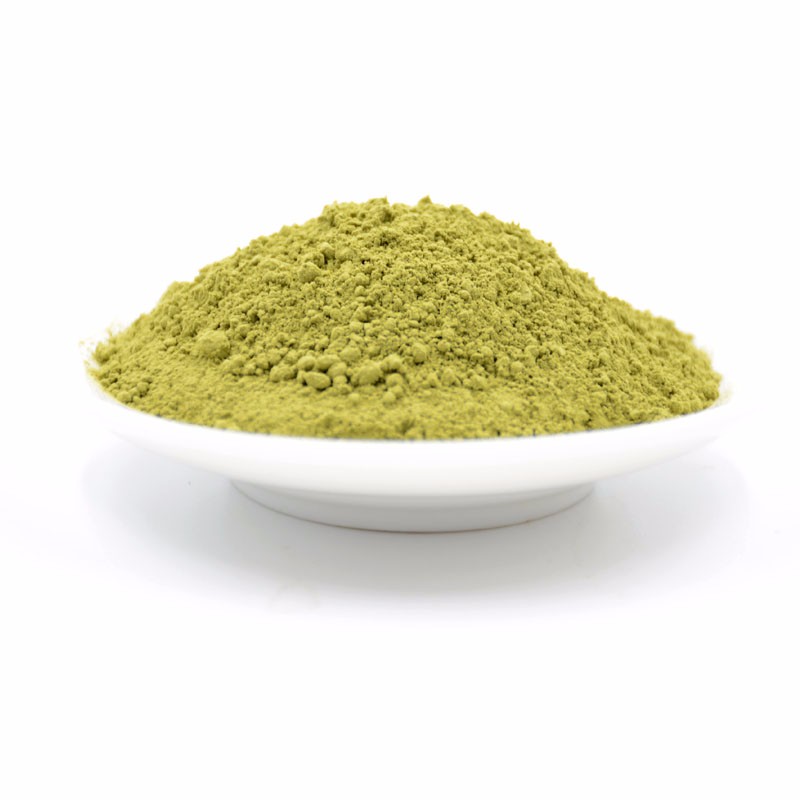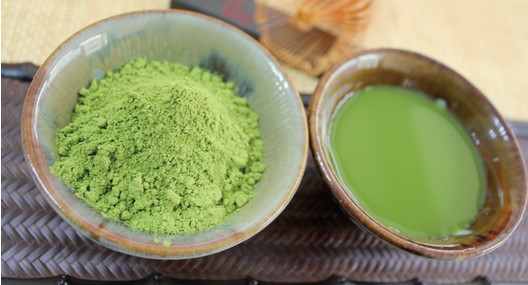Content Menu
● Introduction
● Chemical Composition and Active Compounds
● Safe Dosage Guidelines
● Health Benefits at Different Dosage Levels
>> Moderate Dosage (150-300 mg EGCG/day)
>> Higher Dosage (300-338 mg EGCG/day)
● Potential Side Effects and Risk Factors
>> Liver-Related Concerns
>> Other Potential Side Effects
● Special Considerations for Different Populations
>> Pregnant and Nursing Women
>> Elderly Individuals
>> Athletes and Active Individuals
● Optimal Timing and Administration
>> Recommended Administration
● Monitoring and Adjustment
● Conclusion
● Frequently Asked Questions
Introduction
Green tea extract has emerged as one of the most popular dietary supplements in recent years, garnering significant attention from both the scientific community and health enthusiasts. This concentrated form of green tea's beneficial compounds, particularly catechins and epigallocatechin gallate (EGCG), has been extensively studied for its potential health benefits. However, determining the appropriate dosage is crucial, as excessive consumption can lead to adverse effects. This comprehensive analysis explores the optimal dosage ranges, potential benefits, and safety considerations of green tea extract supplementation.
Chemical Composition and Active Compounds
Green tea extract is primarily composed of polyphenols, with catechins being the most abundant and biologically active compounds. The main catechins include epigallocatechin gallate (EGCG), epigallocatechin (EGC), epicatechin gallate (ECG), and epicatechin (EC). Among these, EGCG is considered the most potent and well-studied component, typically comprising 50-75% of the total catechin content in standardized green tea extracts. These compounds work synergistically to provide various health benefits, but their concentration and bioavailability play crucial roles in both effectiveness and safety.

Safe Dosage Guidelines
The determination of safe green tea extract dosage is based on extensive clinical research and toxicological studies. The consensus among researchers suggests that the safe intake level for adults is approximately 338 mg of EGCG per day when consumed as a solid bolus dose. This recommendation is derived from comprehensive safety assessments and human intervention studies. However, it's important to note that this guideline applies to healthy adults and may need adjustment based on individual factors such as body weight, overall health status, and concurrent medication use.
Health Benefits at Different Dosage Levels
Moderate Dosage (150-300 mg EGCG/day)
At this dosage range, green tea extract demonstrates several beneficial effects:
◆ Antioxidant support
◆ Mild metabolic enhancement
◆ Cardiovascular health support
◆ Cognitive function improvement
Higher Dosage (300-338 mg EGCG/day)
Higher doses may provide additional benefits but require careful monitoring:
◆ Enhanced weight management support
◆ Increased thermogenic effects
◆ More pronounced antioxidant activity
◆ Greater impact on metabolic parameters

Potential Side Effects and Risk Factors
Understanding the potential adverse effects of green tea extract is crucial for safe supplementation. The most significant concerns include:
Liver-Related Concerns
High doses of green tea extract, particularly when taken on an empty stomach or in bolus doses, may affect liver function. The risk increases with:
◆ Fasting conditions
◆ Pre-existing liver conditions
◆ Concurrent use of hepatotoxic medications
◆ Consumption of concentrated supplements rather than traditional green tea
Other Potential Side Effects
◆ Gastrointestinal discomfort
◆ Sleep disturbances due to caffeine content
◆ Interactions with certain medications
◆ Iron absorption interference

Special Considerations for Different Populations
Pregnant and Nursing Women
Special caution is advised for pregnant and nursing women, who should consult healthcare providers before using green tea extract supplements. The recommended dosage, if approved, is typically lower than the standard adult dosage.
Elderly Individuals
Older adults may need to consider reduced dosages due to:
◆ Potentially decreased liver function
◆ Higher likelihood of medication interactions
◆ Altered metabolism and absorption rates
Athletes and Active Individuals
Athletes may benefit from slightly higher doses within the safe range due to:
◆ Increased metabolic demands
◆ Enhanced recovery needs
◆ Greater antioxidant requirements
Optimal Timing and Administration
The timing and method of green tea extract consumption can significantly impact both its safety and efficacy:
Recommended Administration
◆ Take with meals to minimize gastrointestinal effects
◆ Space doses throughout the day rather than single large doses
◆ Consider cycling supplementation with breaks
◆ Maintain adequate hydration

Monitoring and Adjustment
Regular monitoring is essential when using green tea extract supplements:
◆ Start with lower doses and gradually increase if needed
◆ Pay attention to any unusual symptoms
◆ Regular liver function monitoring for long-term use
◆ Periodic assessment of benefits and side effects
Conclusion
The safe upper limit for green tea extract supplementation is generally considered to be 338 mg EGCG per day for healthy adults. However, individual responses can vary significantly, and factors such as overall health status, concurrent medications, and timing of consumption play crucial roles in safety and efficacy. It's essential to start with lower doses and gradually increase while monitoring for any adverse effects.
Frequently Asked Questions
Q: Can I take green tea extract on an empty stomach?
A: It's recommended to take green tea extract with meals to minimize the risk of gastrointestinal discomfort and potential liver stress.
Q: How long can I safely take green tea extract supplements?
A: While many people take green tea extract long-term, it's advisable to cycle supplementation with breaks every few months and monitor liver function regularly.
Q: Are there any medications that interact with green tea extract?
A: Yes, green tea extract can interact with various medications, including blood thinners, certain antibiotics, and medications metabolized by the liver.
Q: What signs indicate I might be taking too much green tea extract?
A: Signs of excessive intake may include nausea, liver pain, irregular heartbeat, sleep problems, or digestive issues.
Q: Is natural green tea safer than green tea extract supplements?
A: Generally, traditional green tea consumption is considered safer due to lower concentration of compounds and natural presence of other beneficial components.































